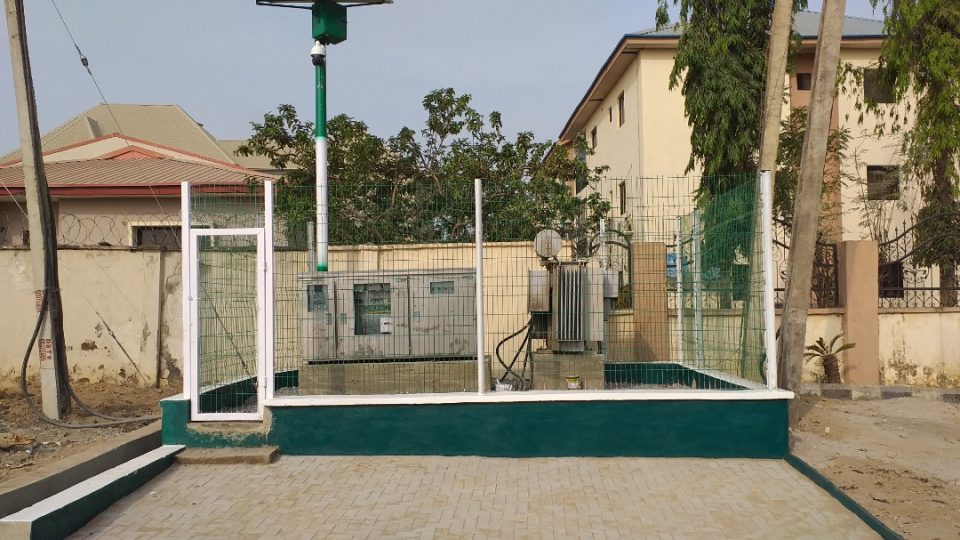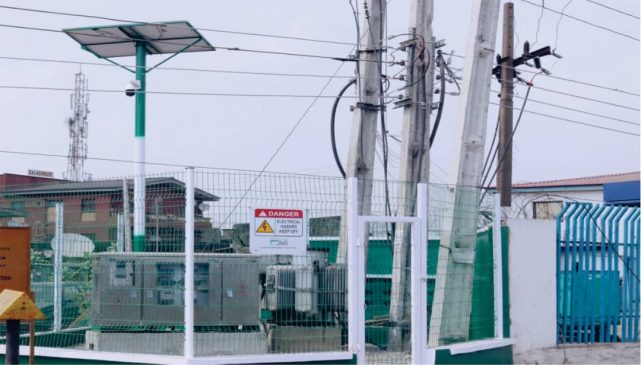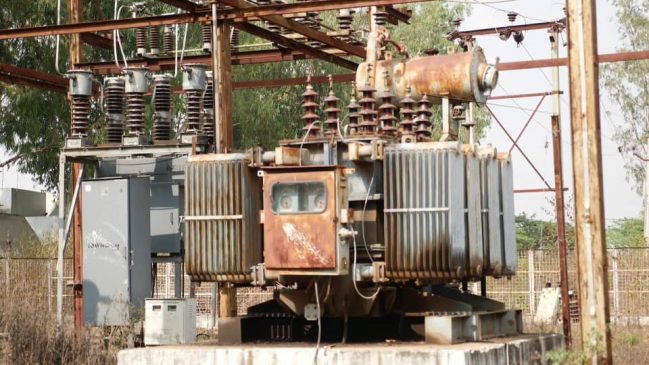‘Indigenous companies have capacity, technology to solve Nigeria’s power woes’
By Adetayo Adegbemle
- Nigeria’s obsession for anything foreign has kept its power sector in doldrums over the years. When other countries of the world including the developed economies are busy promoting, encouraging and selling the products of their homegrown companies to the world, Nigeria is busy killing local innovations, technologies and companies by preferring substandard equipment and products labeled anything outside Africa.
It is no more news that Nigeria is in dire straits when it comes to power supplies, with poor regulatory environment, a fairly better Generation Companies (GenCos), a Transmission Company (Transco) that is in strait jacket, and Distribution Companies (DisCos) that have consumed all excuses available in the trick books to keep up with their overall poor service delivery.
The buck passing has continued endlessly with GenCos, TransCo and DisCos blaming one another over the very poor performance of the sector. Until recently, managers of the power sector don’t believe that made in Nigeria prepaid meters can work let alone being durable.
Currently, Nigeria’s premier meter manufacturing company – Momas Electric Meter Manufacturing Company (MEMMCOL) – came up with an innovative technology called “Substation Power Enhancement Panel (SPEP).” The technology gives stability to power substations but instead of the government embracing this technology wholly and see how it lifts up the drowning power sector, only very few DisCos have chosen to adopt it and are testifying to its marvelous benefits.
MEMMCOL’s innovative engineering and durable equipment which meet international standards globally should be encouraged by the government for internal usage and for mass production for export to other African countries. That is how to lay foundation for industrialization, sustainable job creation and technological development yearned for globally.
Nigeria’s power sector is gravely sick and on the verge of collapse despite having qualified doctors that can heal and put it on the part of sustainable wellbeing. But Nigeria living out the biblical saying that “Prophets are not honoured in their own lands,” is busy wasting foreign exchange, value and job creation in purchase of substandard equipment produced abroad to the disadvantage of equipment produced in-country.
This year alone, as at September, there has been seven National Grid Collapses, with poor gas supply to GenCos and inability of DisCos to evacuate power from the grid, resulting in unstably high and/or low frequencies.
There is also no shortage of commentaries from every quarter in Nigeria. In fact, every Nigerian is now an advocate of sort when the discussions get to the power sector.
One of the recent of such wave-making narratives is a comment attributed to the Chairman of the Nigeria Electricity Regulatory Commission (NERC), where he was wrongly quoted to have said Nigerians should expect round the clock power supplies from July 1st, 2022.
What the Chairman, in fact, said was that contracts/arrangements were being put in place to a phased generation, evacuation and distribution of 5,000 megawatts (MW) and if any of the contractors doesn’t meet up, he gets sanctioned.
Where this gets interesting, however, is that from all vesting interests in this value chain, the only established weak point remains the power distribution companies. Ask me how?
The entry point in this chain, the Gas Producers, with their capacity, do not have any issue with supplying gas for Nigeria to generate power.
GenCos, with continued ramped up capacity, are presently at an installed capacity of close to 20,000MW. With different hydropower plants and thermal plants at different stages of onboarding to the National Grid, there has been visible investment in power generation.
In a presentation made on behalf of the General Manager, Transmission Company of Nigeria, at the First Abuja Power Sector Conference and Exhibition, last year, it was stated that so many projects under the Transmission subsector are at different stages of completion and commissioning as well.
However, the same cannot be said of the Electricity Distribution subsector.
Keen observers and followers of the power sector are likely to be wondering if lack of capacity is our problem. This is far from the truth.
Many engineering organizations in Nigeria has exhibited their readiness, and introduced cutting edge technologies, to help in our search for solution.
One of such organizations, Momas Electric Meter Manufacturing Company (MEMMCOL), sometimes in 2019, debuted and piloted what is known as Substation Power Enhancement Panel (SPEP).
SPEP, as it is called in short, is “designed to meet the standardization, miniaturization, and outdoor requirements of small capacity low voltage distribution equipment.”
According to the Company, the SPEP integrates distribution, metering, protection, gprs – remote controlled switching on/off, and capacitor reactive compensation, complete and full functions (short circuit, overload, phase loss, over-voltage, under-voltage, residual current, overcurrent, neutral line disconnection of power supply and lightning protection).
Other features of this SPEP include Wireless Dual Tariff Metering, ability to take power feed from both grid and off grid Power supplies, among others.
The organization has gone ahead to pilot SPEP in 4 of the electricity distribution companies for FREE. The four Distribution Companies are Kaduna Electric, Ibadan Electricity Distribution Company, Eko Electricity Distribution PLC, and Abuja Electricity Distribution Company.
Out of these four, only Ibadan Electricity Distribution Company has gone ahead to do some level of acceptance and awarded substation enhancement within the Ibadan Metropolis.
This brings us to the main question. Is our continued inability in Nigeria to solve the power sector challenges a capacity challenge, or just our sheer wickedness to ourselves?
How many more of these innovative local solutions have we discountenanced for imported technologies?
This also brings me to a presentation I made to the Ogun State chapter of the Nigerian Society of Engineers on the Entrepreneurship opportunities that our present predicament in the power sector offers, using the Metering of Consumers as example.
The Government was advised to use the National Mass Metering Programme to encourage local manufacturing capacity by patronizing indigenous manufacturers that are willing to innovate based on local engineering capacity.
Industrialized nations have been observed to encourage local manufacturing capacities to their advantage. German Industries are kept alive with their governments actively patronizing their local companies, and promoting them internationally.
The ongoing case of the Siemens deal is an example. The German Government offered to loan Nigeria money for the power sector, if we are willing to patronize German company, Siemens.
Nothing is wrong if the Nigerian Government can encourage Nigerian Companies like Momas, especially with their displayed capacity in Engineering. This will also encourage similar companies to be able to innovate to solve the myriad of problems that face us in Nigeria.
This is also an appeal to the Chairman of Nigeria Electricity Regulatory Commission, Engr. Sanusi Garba, to include local Engineering Companies like Momas in the Distribution Network Enhancement. The innovative Substation Power Enhancement Panel can only get better from here.
The Central Bank of Nigeria, with its many interventions in the power sector, is also called to give organizations like Momas opportunity to grow. It will only further help our nation’s economy, lessening the demands for Foreign Exchange. We can even export to other African countries and the world indeed.
I only imagine the kind of growth our engineering subsector if the funds given to Siemens is channeled into our local manufacturing capacity.
Adetayo Adegbemle is a public opinion commentator/analyst, researcher, and the convener of PowerUpNigeria, an Electric Power Consumer Right Advocacy Group, based in Lagos. (Twitter: @gbemle, @PowerUpNg).






